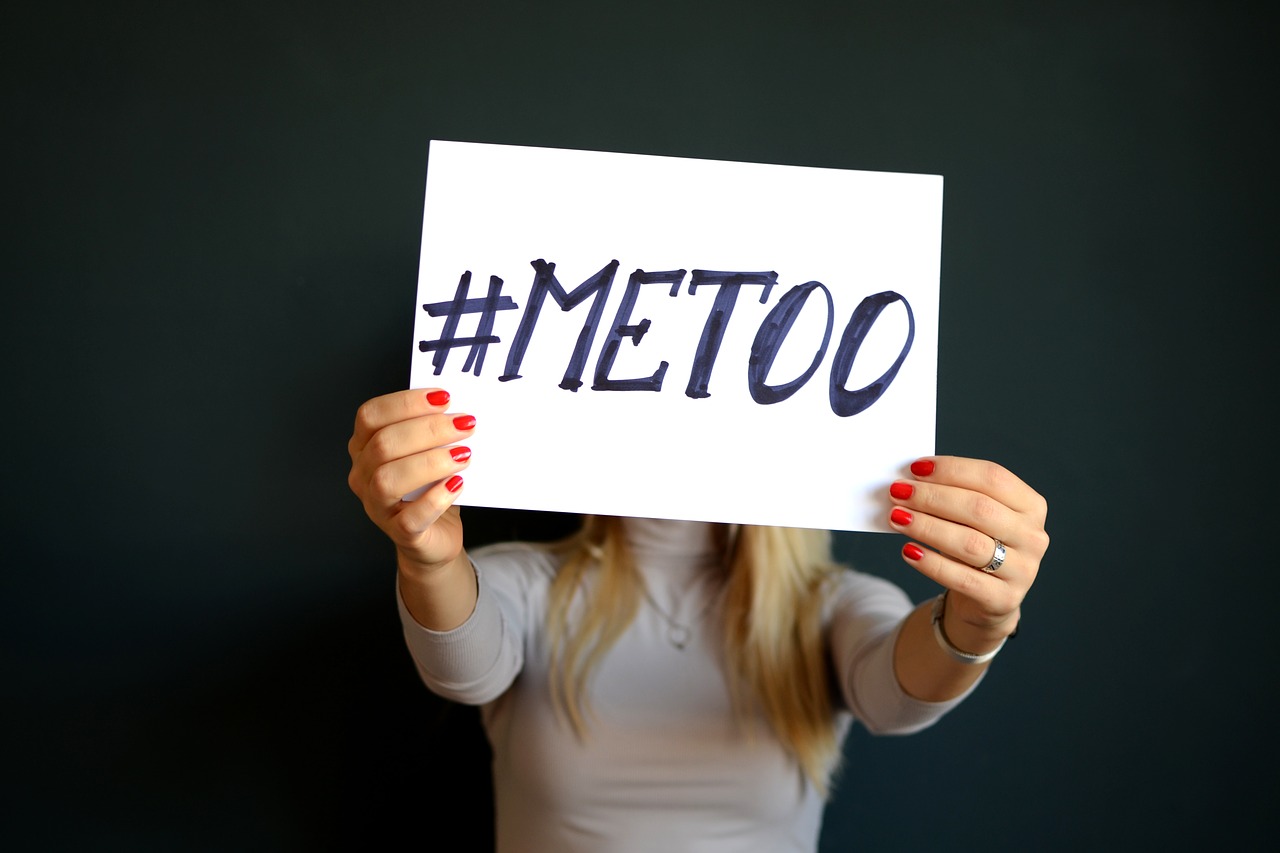What’s New About #Me-Too?
There has been a noticeable and very important change regarding society’s perception on sexual assault and harassment. For many, the natural inclination towards sexual assault victims was to blame them for the events that took place, while the perpetrator was tolerated in society. The #Me-Too movement has changed that.
Arguably, the Me-Too movement is a concrete example of the recent societal shift from victim-shaming to an era that encourages survivors of sexual harassment and assault to highlight the importance of their stories in order to make real change to societal perceptions and attitudes.
The goal is to reframe and expand the global dialogue around sexual violence to speak to the needs of a broader range of survivors.
Synthesis of Case-Law in the Context of the #Me-Too Movement
In New York Times Co. v. Sullivan, 1964, the U.S. Supreme Court created the absence of malice rule in order to protect newspapers even when they print false statements, as long as the newspapers did not act with actual malice – that is, with knowledge that it false or recklessly disregarded the truth. The court held that there should be greater weight attributed to free and open debate over honest and occasional factual errors that occur while reporting stories that damage the reputation of a public official.
Arguably, in the context of a Me-Too allegation, the publisher is exempted from all liability if it’s established there was no actual malice.
The Supreme Court of Canada (the “SCC”), in Hill v. Church of Scientology, refused to import the aforementioned principle in our law because it would allow the reputation of the defeated plaintiff to be destroyed by falsehoods “that might have been avoided with a reasonable effort to investigate the facts.” (1)
In Grant v. Torstar, Grant and his company brought a libel action against a newspaper and reporter after an article was published concerning a proposed private golf course development on one of Grant’s properties. The newspaper company attempted to verify the allegations in the article which included asking Grant for a comment that he refused to offer. The Toronto Star published the article, and Grant sued for defamation.
In this case, the SCC stated that the law of defamation should be modified, as this was the first major case that the SCC ruled on 14 years after Hill v. Church of Scientology, to provide greater protection for communications on matters of public interest. The court further clarified that, “to insist on court-established certainty in reporting on matters of public interest may have the effect of preventing communication of facts which a reasonable person would accept as reliable and which are relevant and important to public debate.” (2)
Legal Ramifications in Grant
One of the most significant aspects of the defence of responsible communication outlined in this case was the Court’s declaration that it is available to “anyone who published material of public interest in any medium.” (3) Given today’s digital age, this statement led to significant negative consequences in relation to Me-Too sexual assault allegations since a victim and a professional journalist fall under the same broad category with respect to this defence.
The decision, viewed in the context of matters of public interest, is logical given that everyone deserves a right to know certain information that will impact their lives and future decisions. In essence, this defence allows journalists reporting on issues of public importance the right to be wrong. This standard becomes problematic when matters arise in the context of the Me-Too Movement concerning sexual assault allegations.
#Me-Too Allegations Should Have a Different Threshold
In summary, expressions made based on alleged sexual assault instances, particularly those in the context of the Me-Too movement, should have a different threshold for defence due to the importance of expression in such cases and the need for protection. Given the mental and physical trauma that results from sexual assaults, these allegations should be treated differently than other defamatory statements.
Questions About British Columbia’s Laws?
Do you have any questions for the team at Spraggs? We’d love to hear from you. And, as always, if you have any questions about employment law, be sure to contact one of our lawyers in Vancouver.
- Hill v. Church of Scientology of Toronto, [1995] 2 SCR 1130 at para 135.
- Grant v. Torstar, 2009 SCC 61 at para 53.
- Grant v. Torstar, 2009 SCC 61 at para 73.
